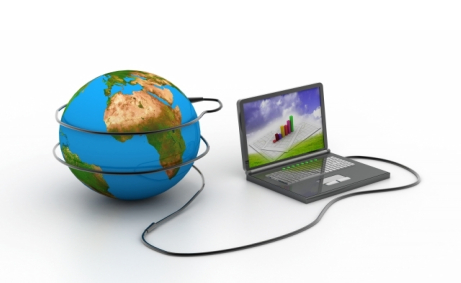
Virtual seminar targets 'careers that make a difference'.
Four Gates alumni who have found ways to combine their work with their passion for “making a difference” will discuss how to find a socially conscious job at a virtual seminar next week.
The seminar is the first in a series organised by the Gates Scholars Alumni Association.
It takes place on 29th January at 3.30pm BST/10.30am EST or 7.30am PST.
The four speakers, from laboratory workers to social entrepreneurs, will share their experiences and contribute insights on different career pathways and business models as well as suggesting how obstacles can be overcome. They are:
Andrew S. Robertson [2001] – Chief Policy Officer at BIO Ventures for Global Health (BVGH) where he focuses on innovation policies and strategies to engage the private sector in global health research & development. He is also a Trustee of the Gates Cambridge Scholarship and serves as Co-Chair of the American Bar Association’s Committee for the Rights and Responsibilities of Scientists.
Arne Morteani [2001] – Principal at ETF, focusing on new investments with a particular emphasis on German-speaking Europe. He is also a co-founder of the Cambridge Tech Ventures Conference and the European Venture Capital Network (EVCN).
Robyn Scott [2004] – Co-founder of OneLeap, a social enterprise start-up, co-founder of Mothers for All, and an Ambassador for the Access to Medicine Index. She is also involved with several not-for-profits working in developing world health, education and the environment.
Anand D Jeyasekharan [2004] – Clinician-scientist at the National University of Singapore, with interests in the use of molecular biology to design diagnostic assays for clinical practice. He did his PhD and post-doctoral fellowship in Oncology at the MRC Cancer Cell Unit in Cambridge.
The aim of the seminar is to marry the increasing buzz about creating socially conscious jobs within the private and public sector with the Gates Cambridge Scholarship’s emphasis on scholars who can “make a difference” in the lives of others.
Questions which will be covered include how individuals can choose fulfilling careers while remaining true to their commitment to change society for the better, how start-ups can generate profit while helping communities, how researchers can advance scientific knowledge while having an impact on the ground and what considerations are relevant when looking for or transitioning to a socially conscious job.
The event is open all Gates alumni, scholars, and guests.
To join the discussion, sign up here.
Further information about the event, as well as detailed speaker bios, can be found here.
Photo credit: Renjith Krishnan and www.freedigitalphotos.net












